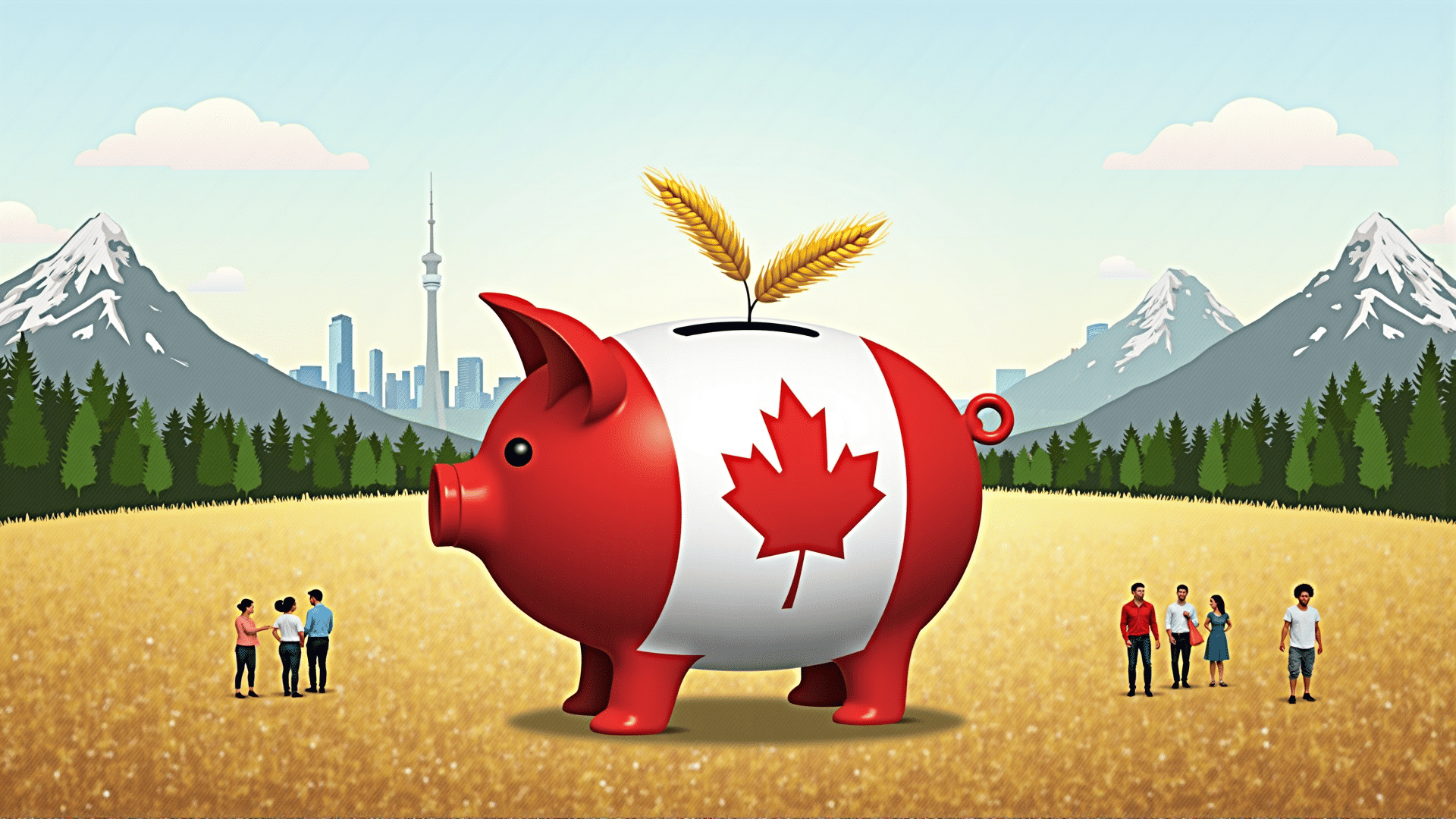Economic growth in any given nation involves a complex interplay of various factors, with one of the most critical elements being the savings practices of its citizens. In Canada, how individuals and households manage their reserves has significant implications for both the national and global economy. Understanding the nuances of these patterns is essential for grasping their broader impact on economic expansion.
Canadian households are known for their prudent management of financial resources, which plays a pivotal role in the overarching economic structure. By setting aside portions of their earnings, Canadians enable a mechanism through which surplus resources can be channeled into productive avenues. This process not only stimulates local markets but also positions Canada as an influential player on the global stage.
An analysis of current trends reveals that Canadians are increasingly prioritizing long-term financial security, guided by a collective approach towards prudent expenditure. This approach is driven by an understanding of the volatile global economy, prompting individuals to prioritize sustainability over short-term gains. As a result, reserve accumulation has become a durable feature of economic activity, with Canadians displaying resilience even amid economic uncertainties.
Moreover, the relationship between reserve accumulation and economic expansion extends beyond national borders. The Canadian approach contributes to global economic stability by showcasing a model of sustainable economic behavior. Canadian contributions to international markets through resource allocation and consumer participation underline the interconnectedness of economic actions.
The importance of these habits lies in their ability to influence resource distribution within the economy. As reserves grow, so does the potential for reinvestment in various sectors. This can lead to advancements in infrastructure, technology, and human capital development, all of which are critical components of sustained economic growth. Additionally, stable reserves allow Canadian policymakers to better navigate fiscal challenges, providing a cushion against economic shocks.
In essence, the manner in which Canadians manage their savings is not just relevant on an individual level but also plays a vital role in shaping the larger economic landscape. By fostering practices that encourage resource accumulation and efficient allocation, Canada sets the stage for ongoing prosperity and stability in an increasingly uncertain world. These behaviors underscore the importance of fiscal prudence as a foundational pillar for both national and global economic health.
